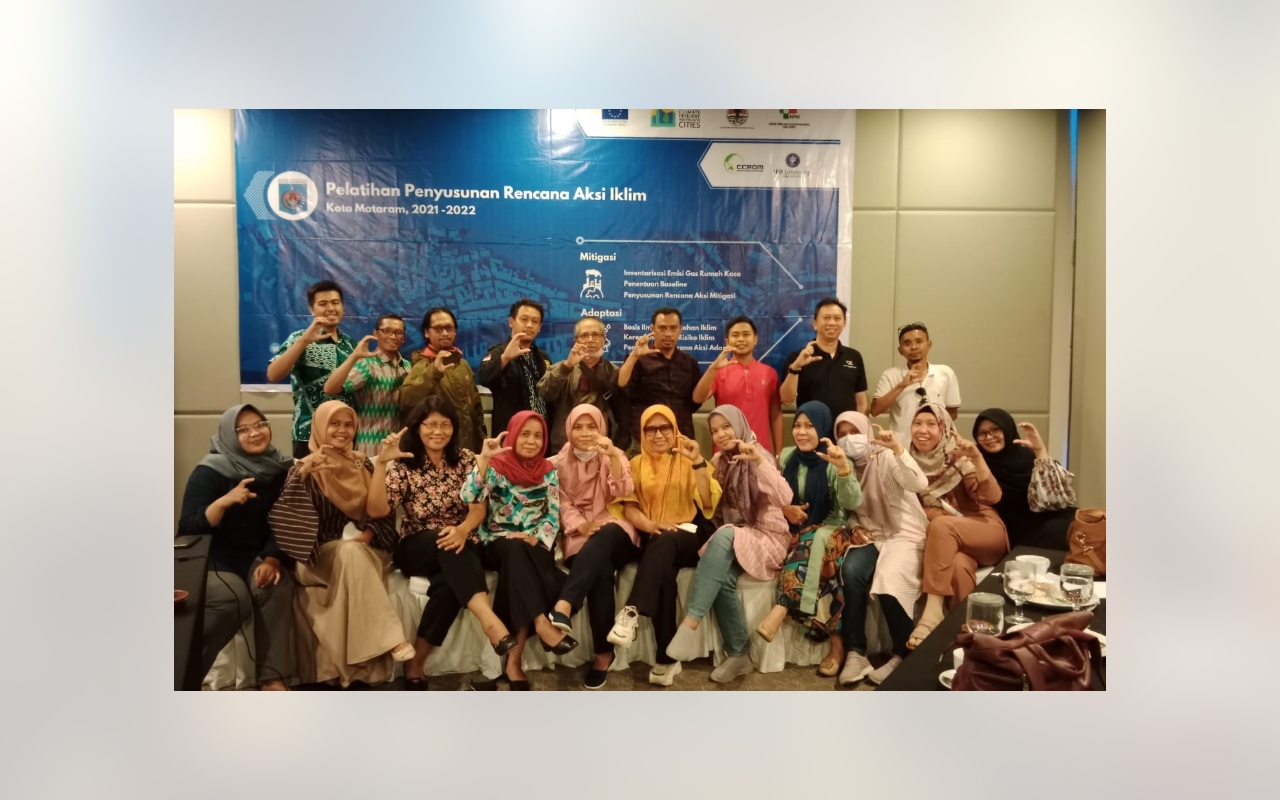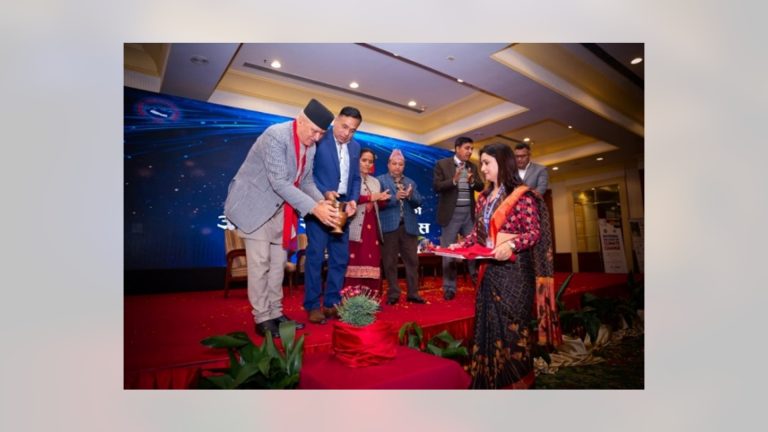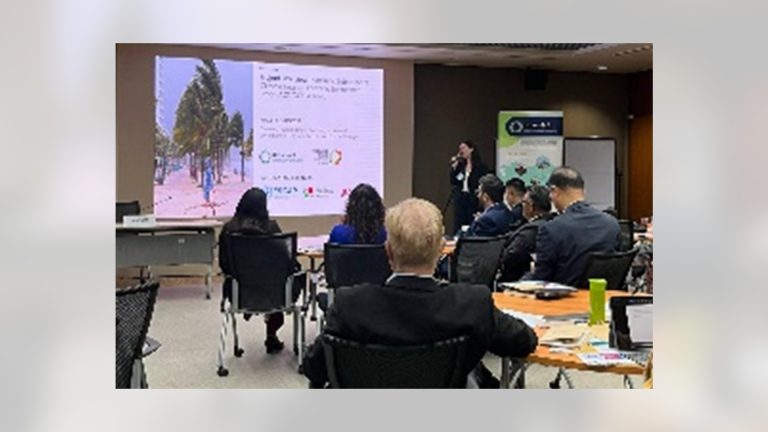March 2022 | UCLG ASPAC Climate Resilient and Inclusive Cities (CRIC) programme, a collaborative programme with the European Union (EU), has organised Climate Action Plan (CAP) Training programme for local governments in pilot cities, Kupang, Bandar Lampung, Pekanbaru, Mataram, and Banjarmasin.
The training, conducted on hybrid mode, involved the Climate Change Working Group in each CRIC Pilot Cities and national level stakeholders including representatives from the National Secretariat of Sustainable Development Goals (SDGs) of Indonesian Ministry of National Development Planning (BAPPENAS), the Ministry of Home Affairs (MoHA), the Ministry of Environment and Forestry (MoEF), and Local Government Associations (APEKSI).
Mr. Dody Rinaldi, a member of Pekanbaru City’s Local Development Planning Board shared that Pekanbaru has developed drainage and wastewater treatment plants and that the city is willing to share good sanitation practices with other cities in Indonesia to address the climate change issue.
Ms. Fitri Yanti, a member of Bandar Lampung City’s Local Development Planning Board, presented good practices implemented in Bandar Lampung, once known for its slum area, namely the Kotaku (City Without Slums) programme. In 2020, it managed to reduce the city’s slum area from 4,365ha to 259ha. “Although the city has succeeded in reducing slum areas, it doesn’t mean that the slums are gone,” she said. Currently, the local government is making various efforts to reduce slum areas to 0 ha.
During the second Climate Action Plan (CAP) training in Mataram, Ms. Dyah Sih Irawati, as the Head of Forestry Subdirectorate, Directorate General of Regional Development of the Ministry of Home Affairs (MoHA) shared MoHA’s role in bridging the gap of capacity and knowledge between national and local government. MoHA also works to strengthen the role and coordinating function of local government to related local stakeholders (Non-Governmental Organisation/NGO, Scholars, Private, etc.) to contribute to the implementation of Carbon Emission Value (CEV) for GHG emission reduction.
The series of training and technical assistance carried out this month were part of the five CAP Trainings provided by the CRIC programme to its 10 pilot cities in Indonesia. By the end of the training series, the Climate Change Working Groups of target cities will have the knowledge and skills to produce an inclusive climate action plan that is due in October 2022. Further capacity building on alternative and sustainable financing will follow.
To expand the awareness-raising efforts, the UCLG ASPAC CRIC programme will also conduct knowledge sharing sessions in various related climate and resilience platforms and events.














